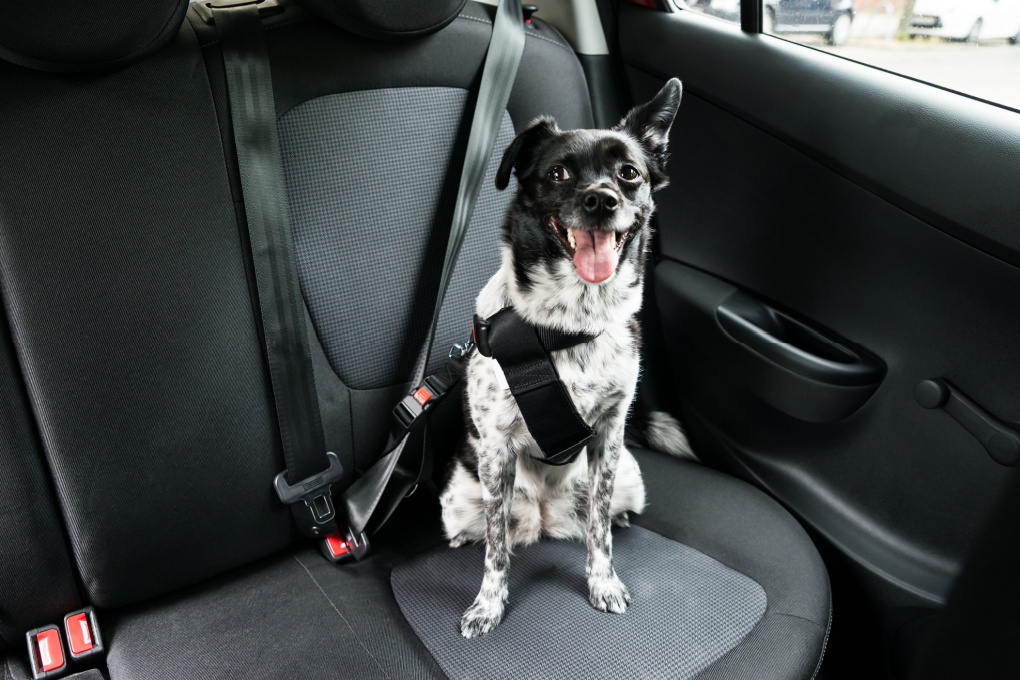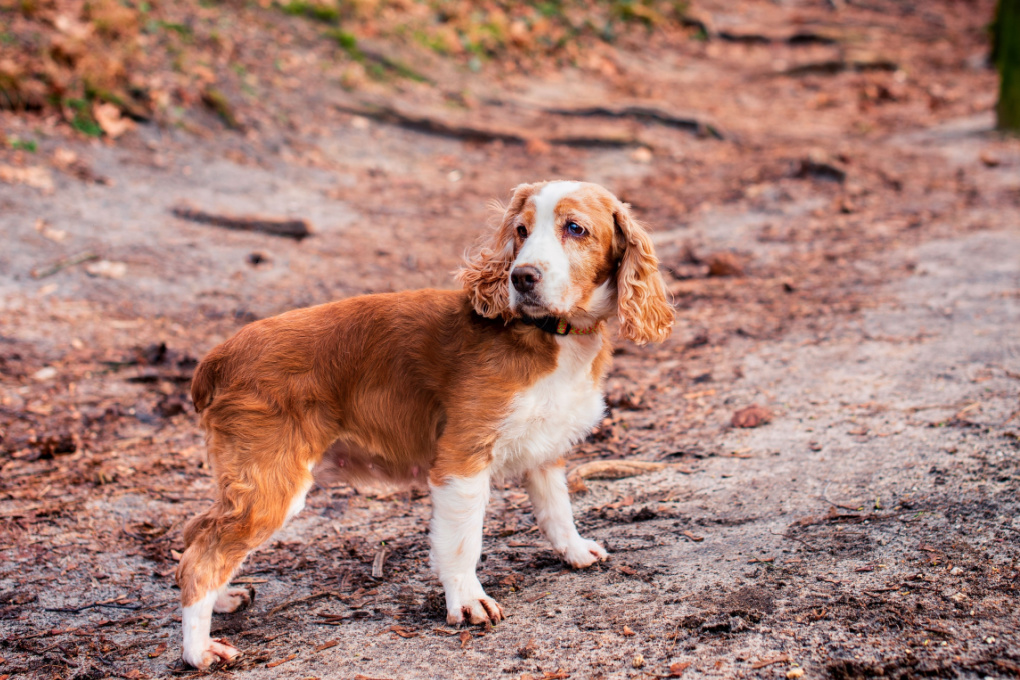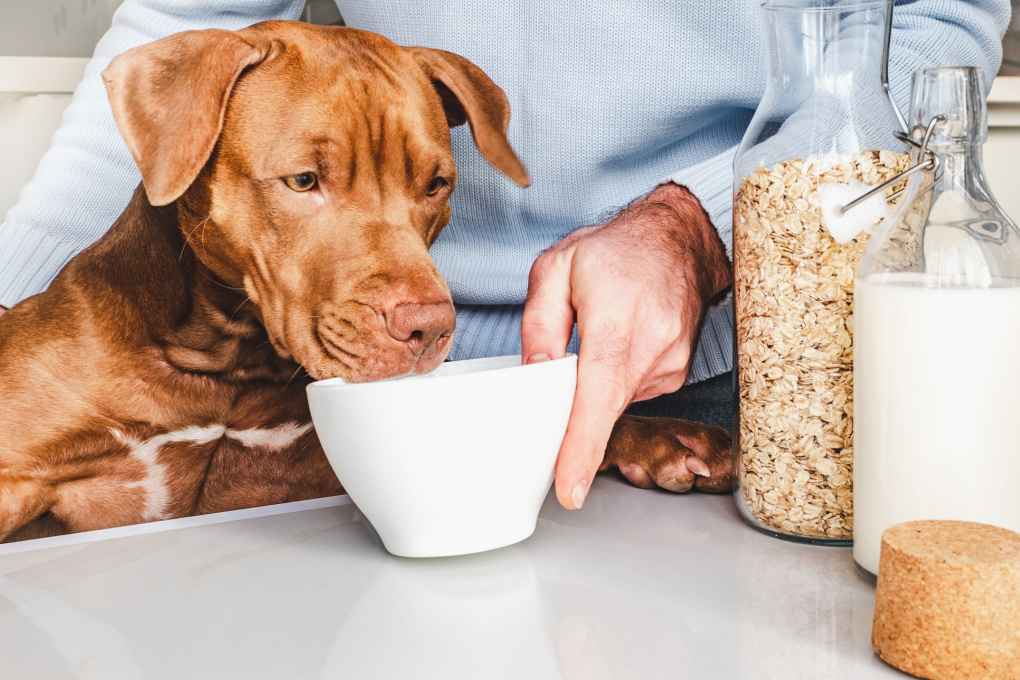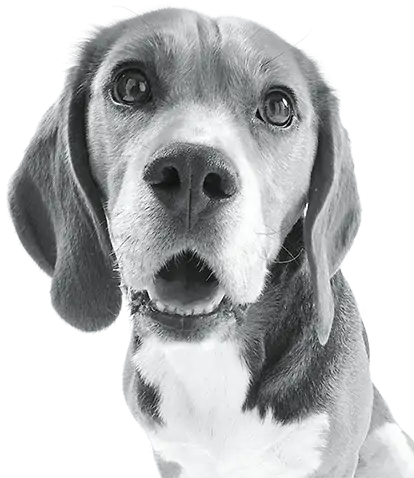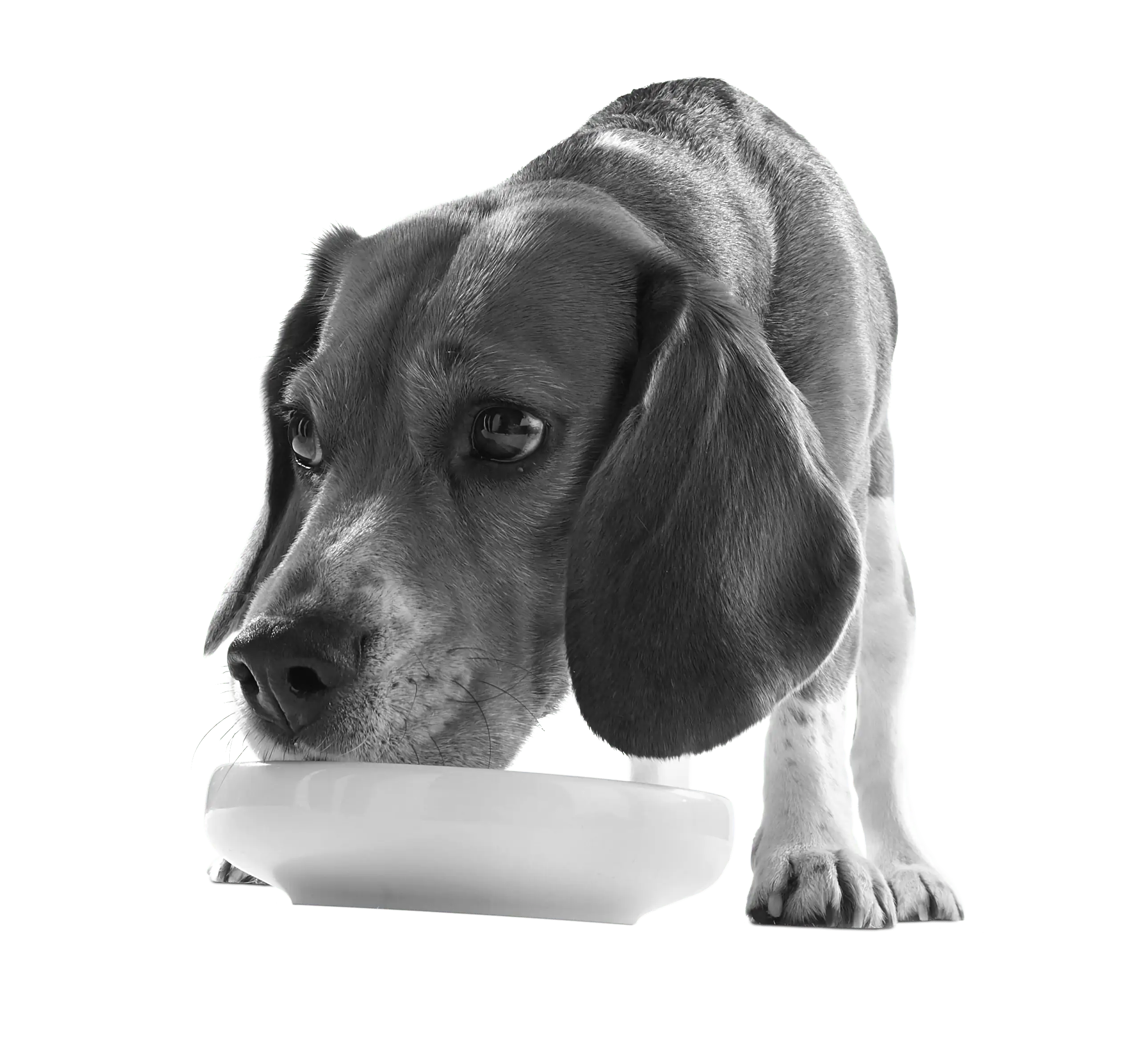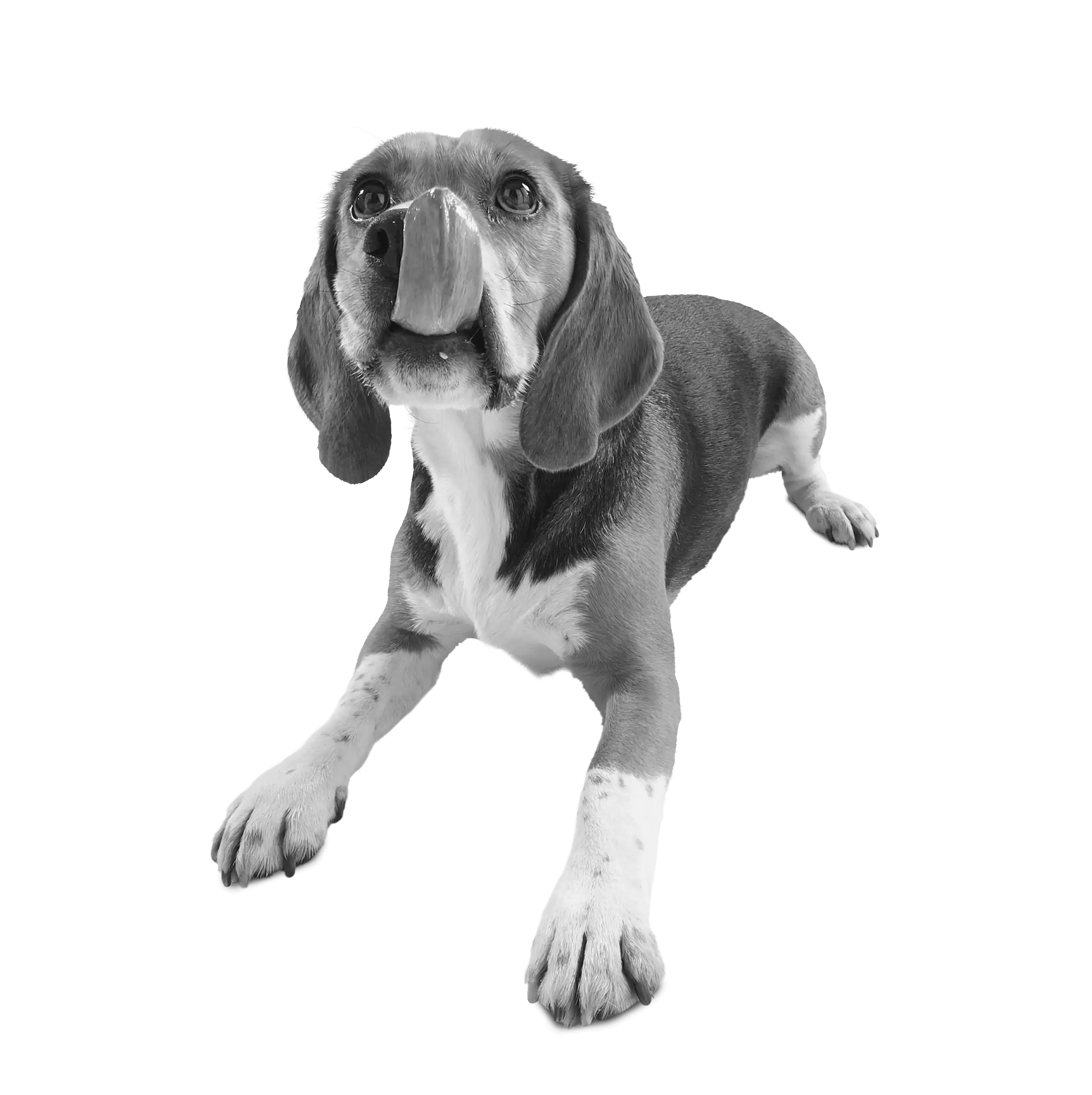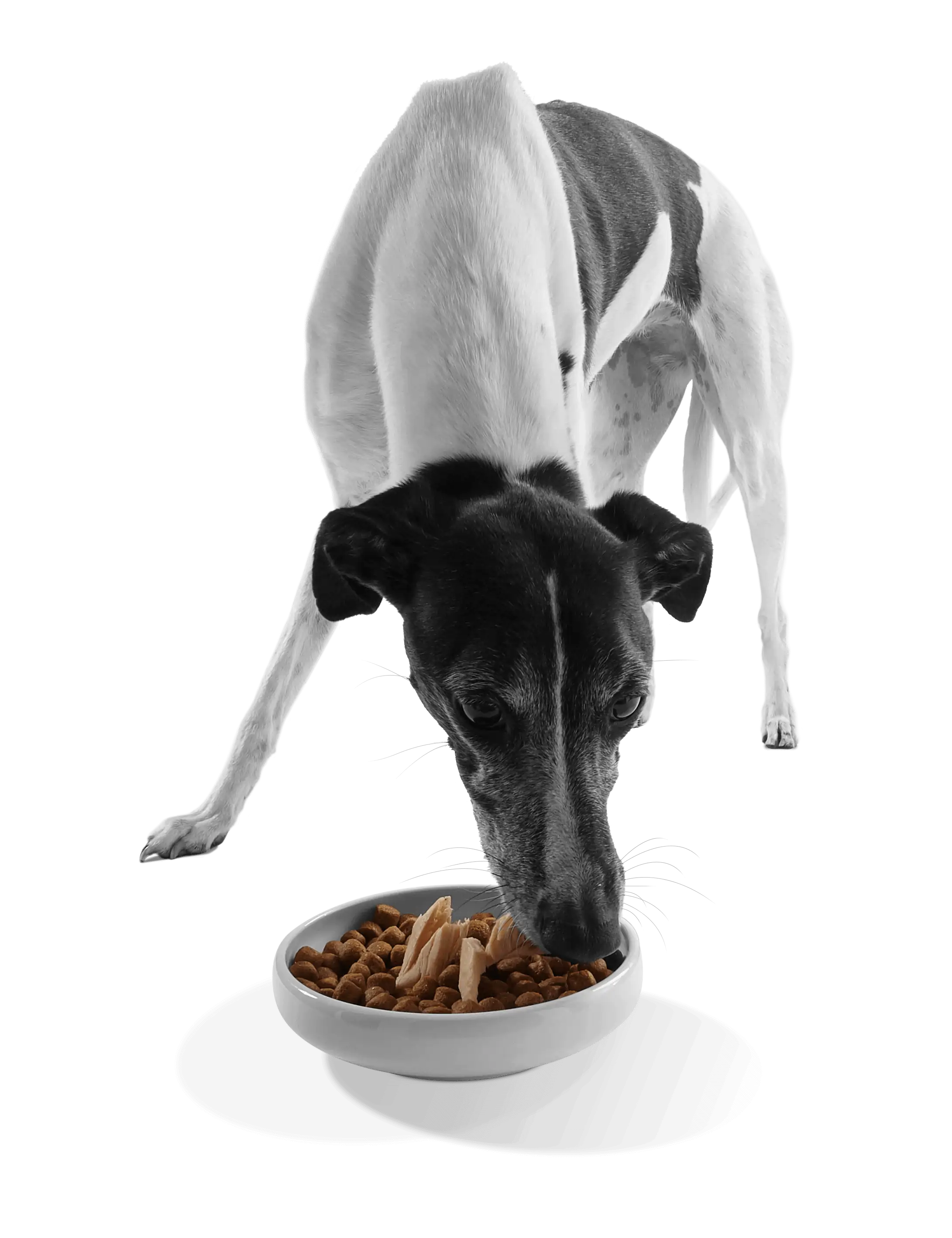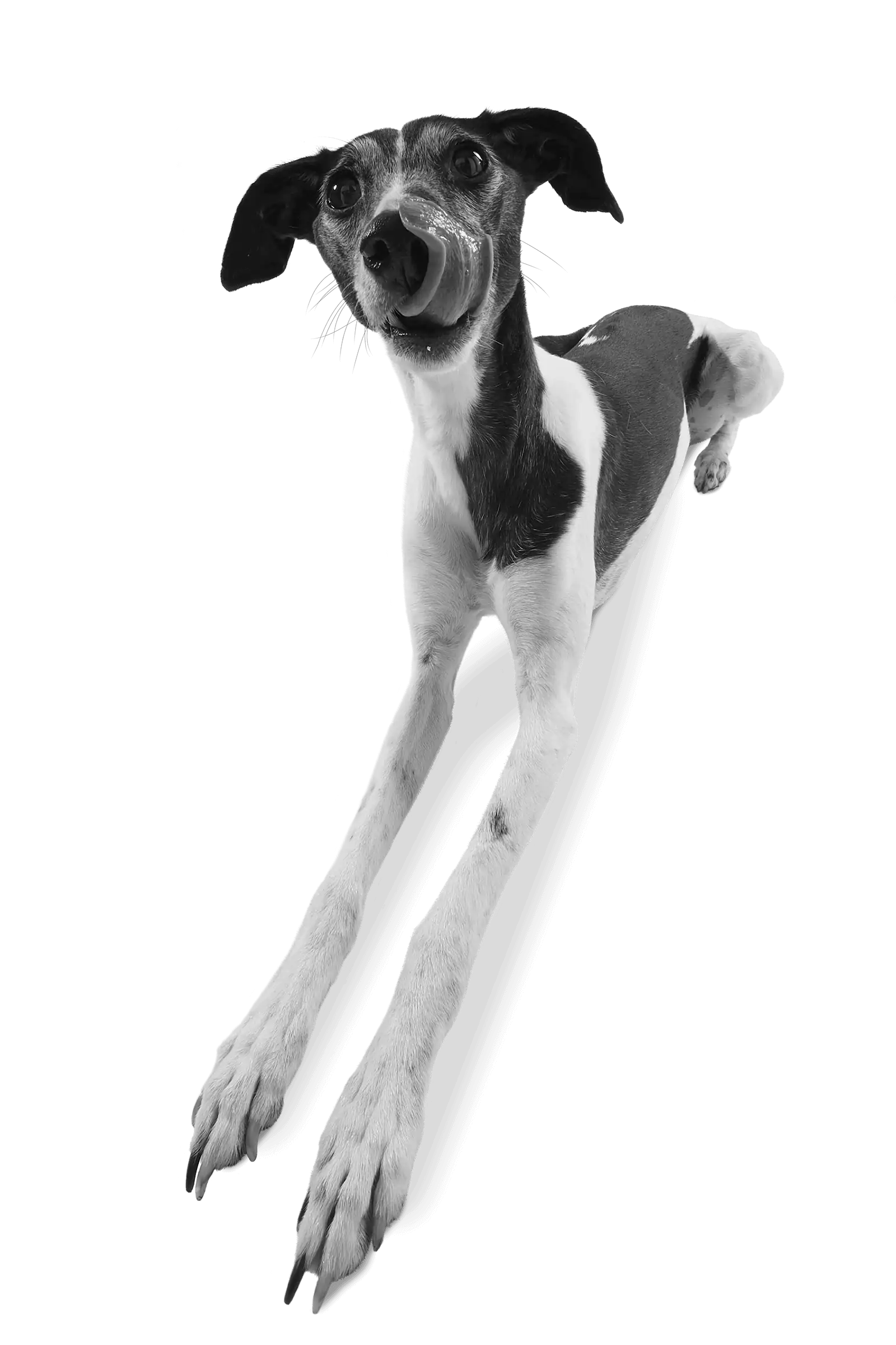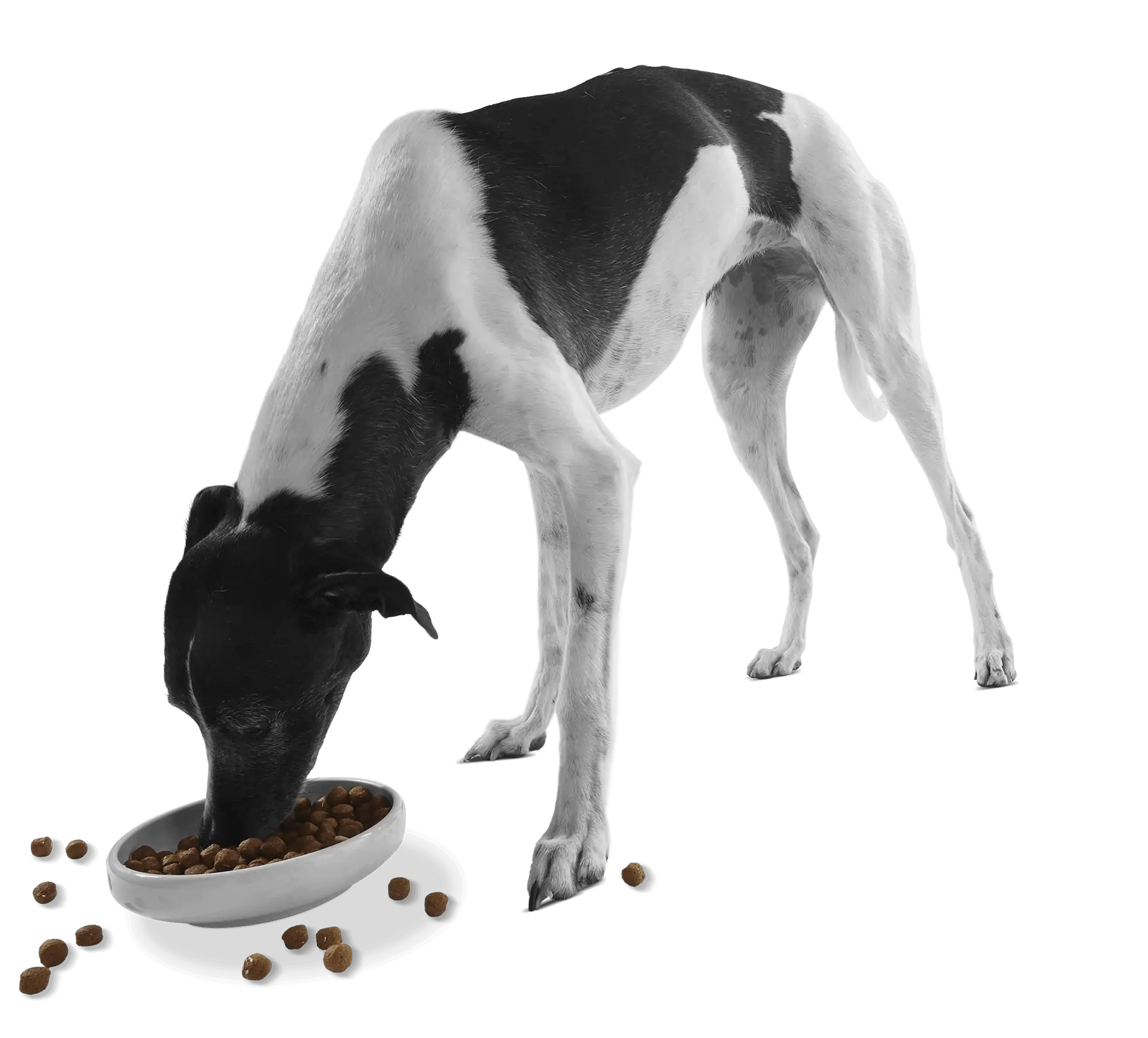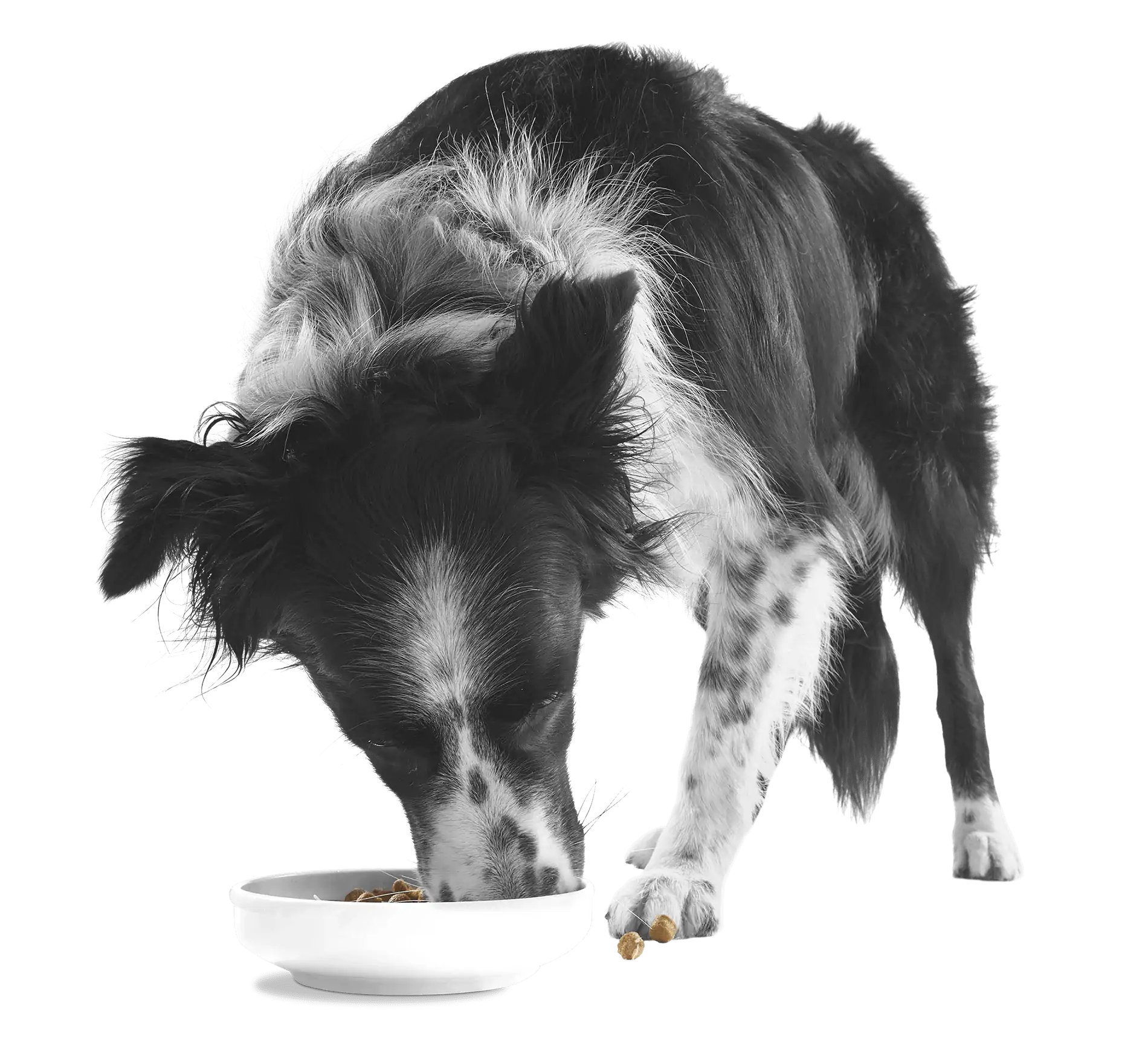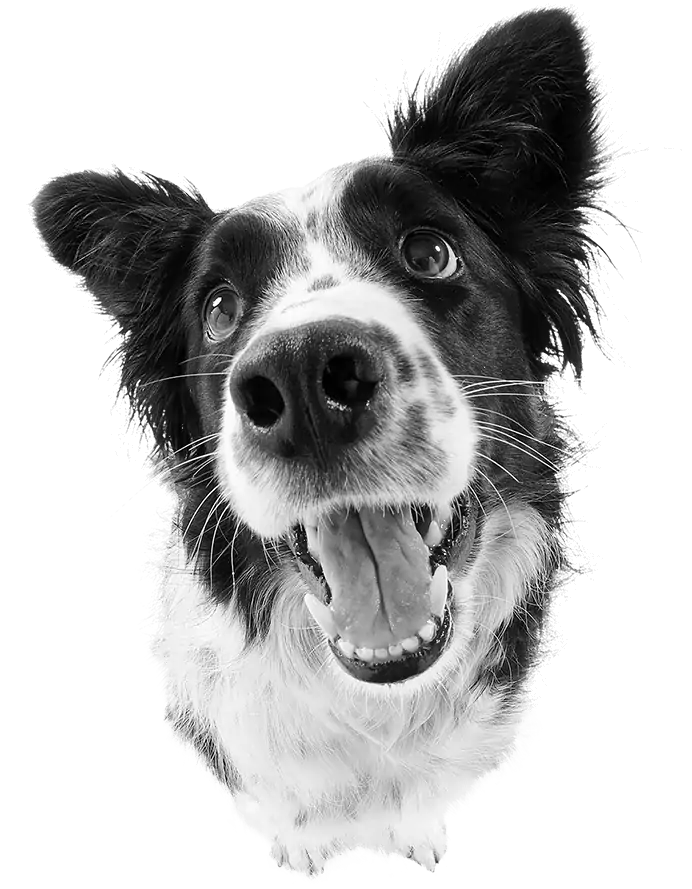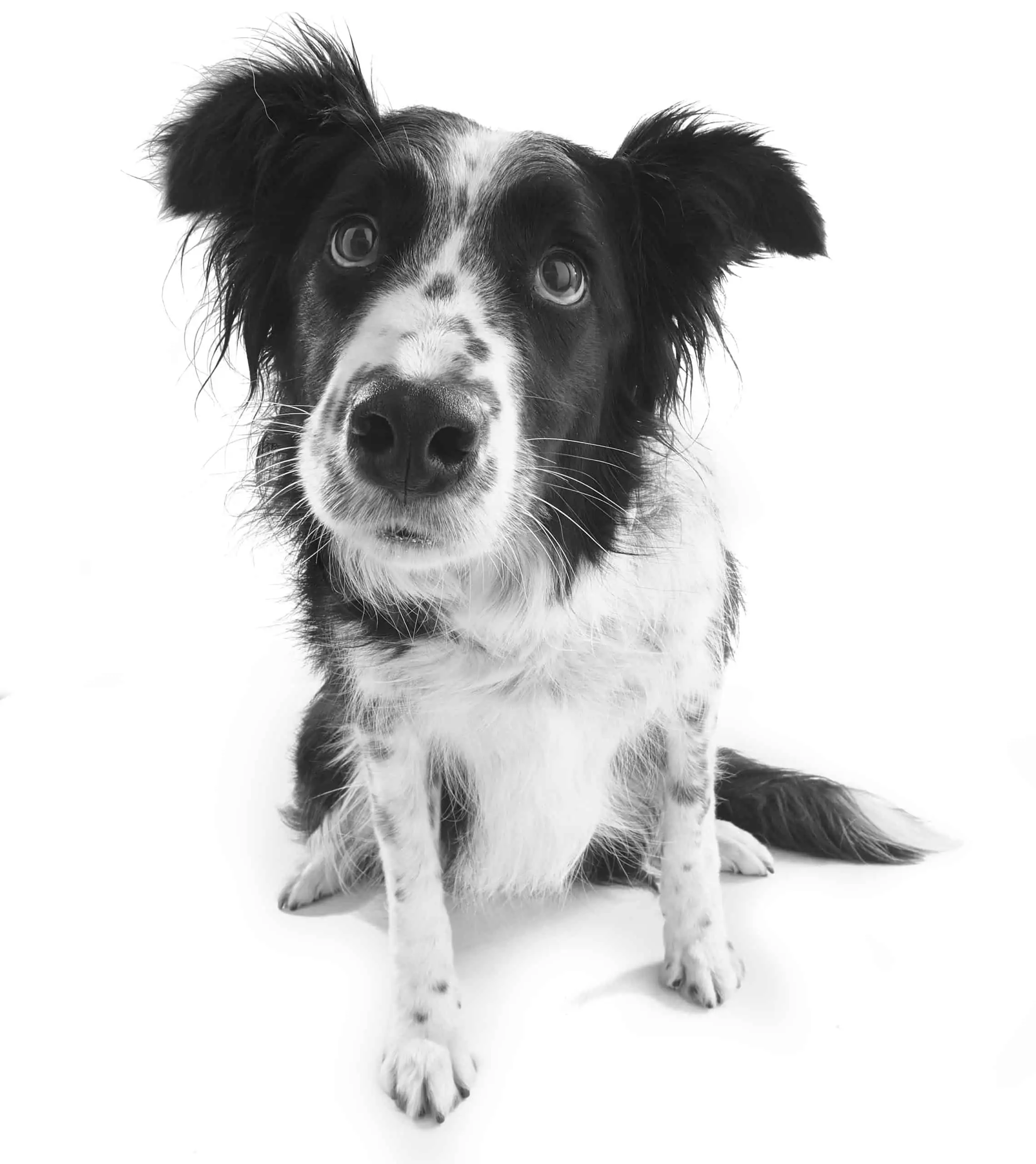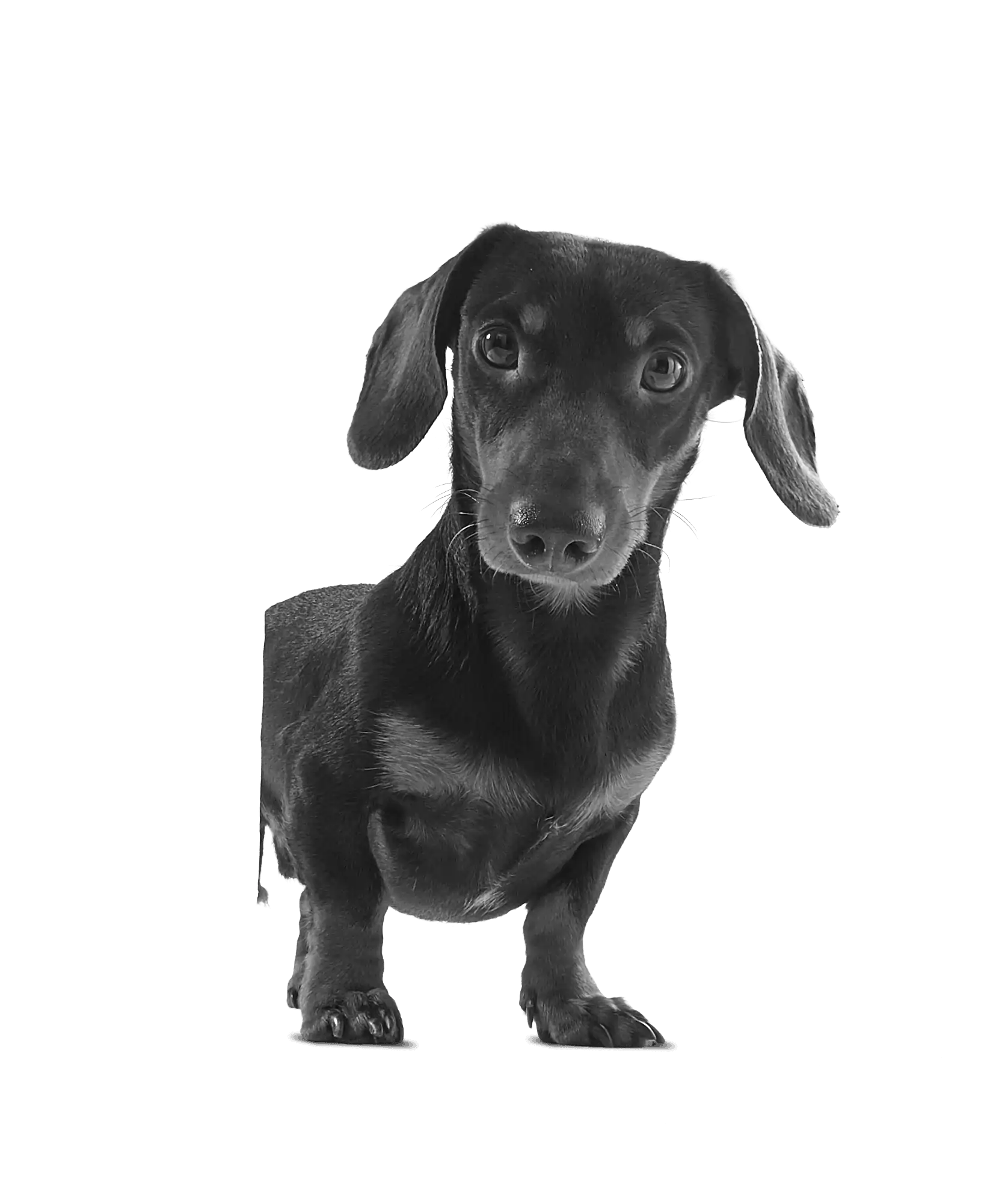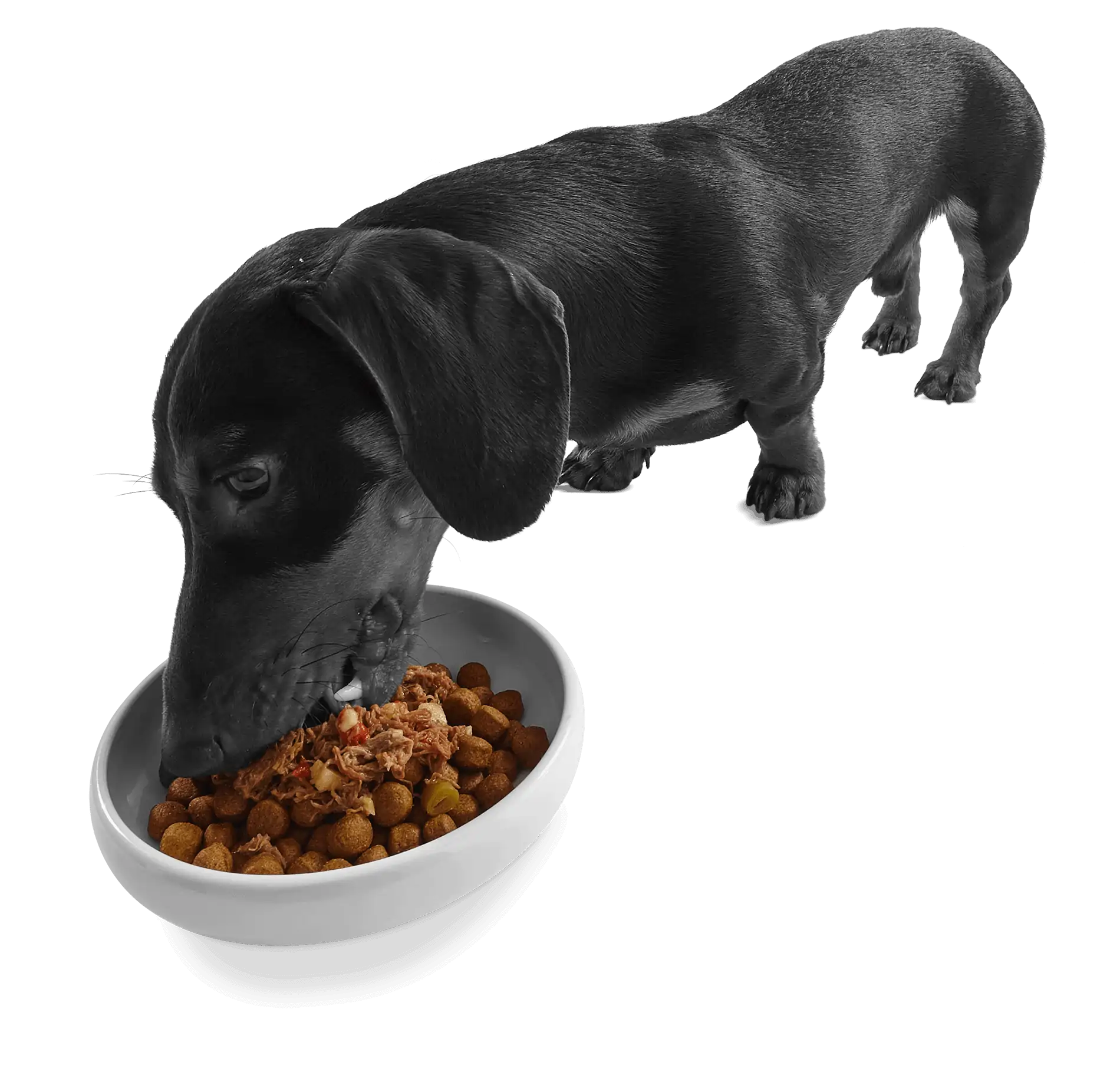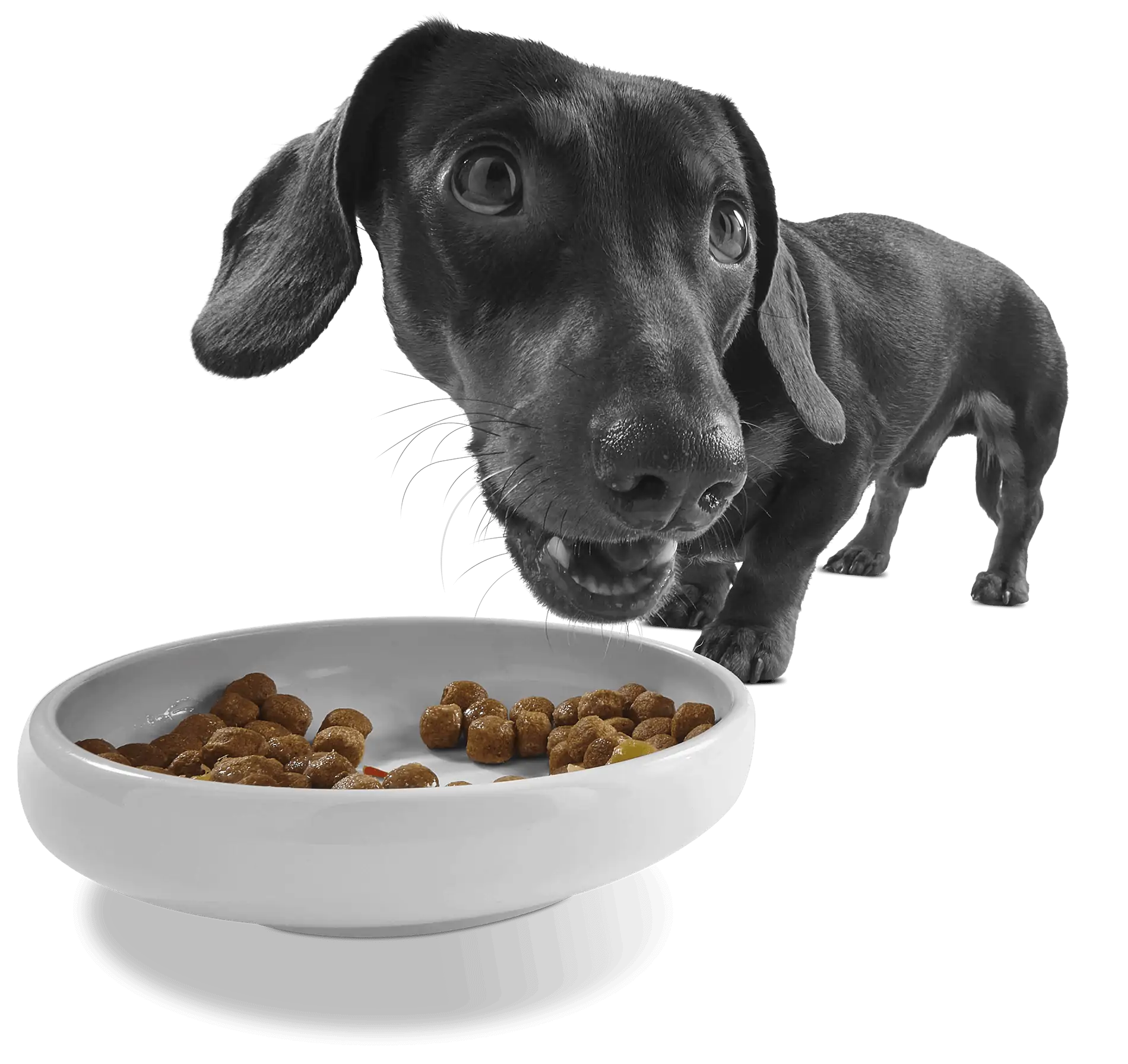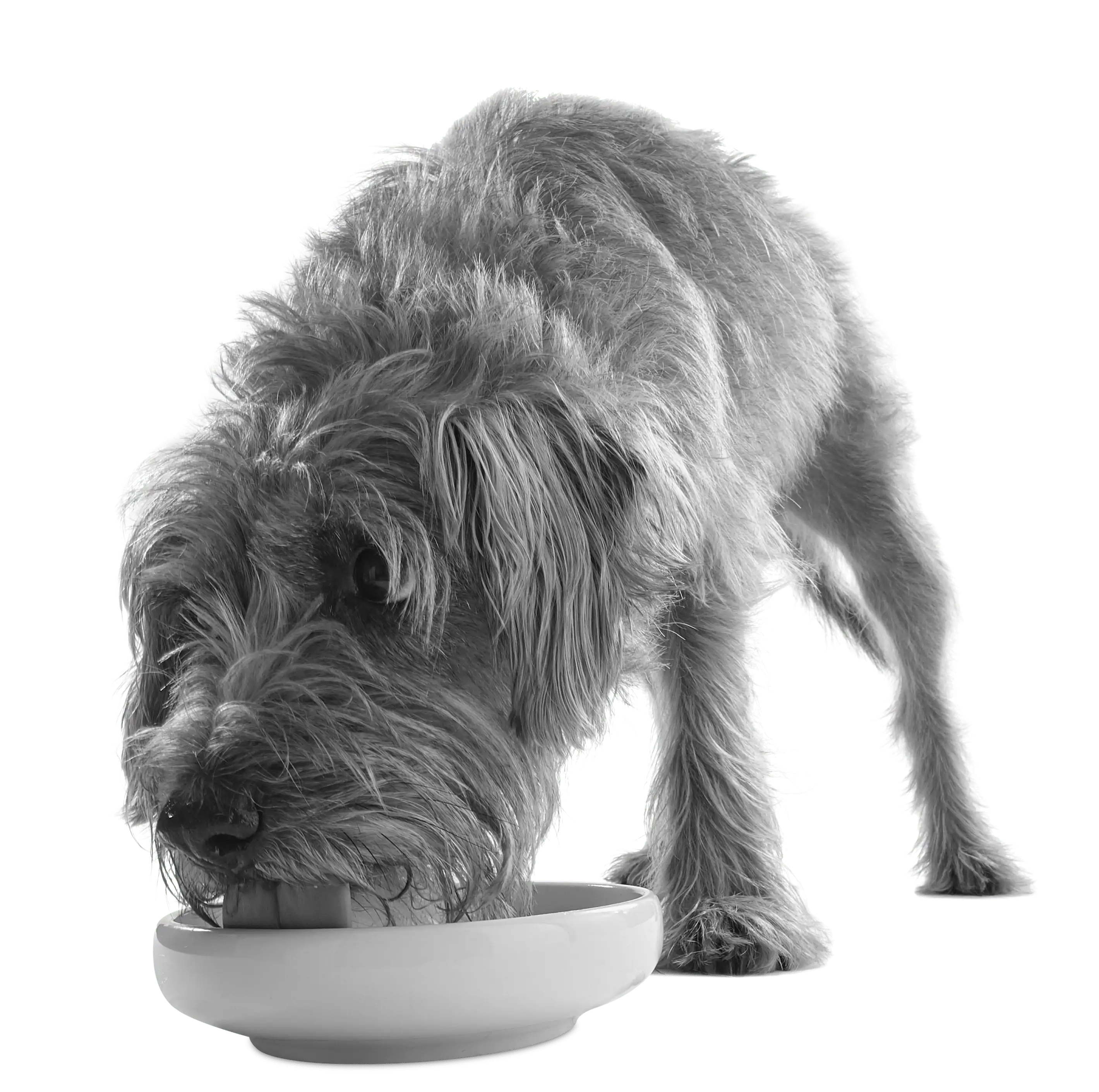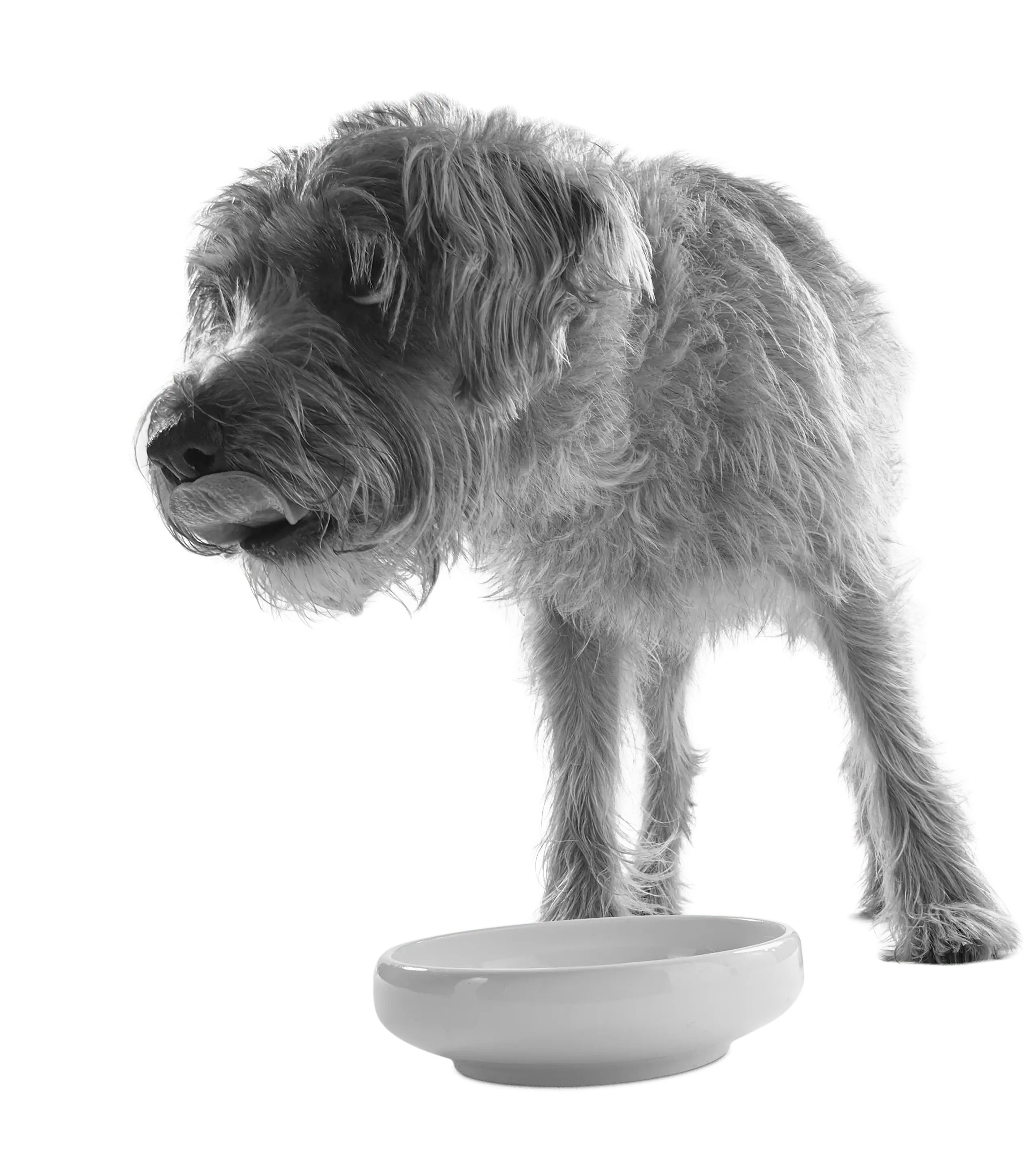Here’s a conundrum for you. What chatters, but doesn’t speak?
Plenty of pet parents will surely know the answer to this one!
That’s because there’s a very good chance you’ll have come across your furry friend suffering from quivering (or chattering) teeth and/or jaws at some point.
You would often link this type of behaviour in humans to somebody who is suffering from extreme cold or nervousness.
However, that might not be the case for our shuddering sidekicks.
There are many reasons why they might showcase this trait, and we’ll explore them throughout this blog.
What are the potential causes of my dog’s jaw quivering (what to look out for)?
- Dental/oral pain: Oral cavity pain or dental discomfort can manifest as jaw quivering. A dog with a chipped tooth, inflammation, ulcerations or an abscess will often display their displeasure and discontent through the chattering of teeth. Any form of dental disease, which can be identified in an oral exam by a veterinarian, can also be linked to excessive drooling, pungent breath, or a lack of appetite.
- Gastrointestinal issues: Dogs suffering from digestive complications might also chatter their jaws or grind their teeth to reflect their pain. A poorly pup with nausea, vomiting, diarrhoea, constipation or gastroesophageal reflux might clench their jaws and make a chattering sound. If you have any concerns then you should contact a veterinarian who may be able to perform an examination (ultrasound or endoscopy).
- Anxiety: Stressful situations, unfamiliar faces, unrecognisable sights or sounds, an unprompted change to a daily routine, separation anxiety, or general nervousness can result in jaw chattering behaviour in dogs. Once a situation, a scenario or the environment returns to normal, and your pup is able to settle, then the jaw quivering will usually relent.
- Seizure: Neurological conditions, such as focal motor seizures, can present themselves as quivers as the jaw tightens. If your dog is experiencing something like this then they’ll generally be unresponsive when pet parents attempt to get their attention. If there is drool present after your dog’s jaw chatters then this could be a sign of an epileptic seizure. Contact your veterinarian immediately if you have any concerns regarding your pet’s health.
- Pheromones: The excitement of smelling a female dog in heat while out and about on a stroll around the park can cause male dogs’ jaws to chatter. They may also salivate while their jaw quivers uncontrollably. The great outdoors can present our pups with a host of new and exciting things that can awaken their senses and prove pleasurable to them.
At what point should you seek veterinary support?
Most episodes of a quivering/chattering jaw are completely benign and won’t require any immediate attention from a vet.
For some, it simply reflects their excitable personalities, for others it can represent a wider spectrum of emotions that they are struggling to contain.
Pet parents can usually determine the cause by association when assessing the circumstances/scenario surrounding their behaviour.
If it does become persistent, and the need to have your pet evaluated becomes more pressing, then any information you are able to impart will enable a veterinarian to put their finger on whether the reason is medical or behavioural.
If you’re ever worried about any of your dog’s symptoms – for example: bad breath, swelling, drooling, bleeding, loss of appetite, weight loss or a change in mood – then it is essential to check in with your dog veterinary professional immediately.
They will be able to allay/confirm any fears and suggest suitable treatment methods to cure the underlying issue.
Don’t let chattering teeth affect your pup’s quality of life
There is an entire catalogue of reasons why your canine’s jaw might quiver from time to time.
The circumstances surrounding their chattering chops can help define whether the cause is behavioural or medical and whether or not it requires a veterinarian’s intervention.
It can be brought on by a plethora of emotions, both positive and negative, it can be linked to stress, fear or anxiety, it can be caused by an internal ailment/illness, a neurological disorder, or it can be due to oral discomfort.
If the quivering affects your four-legged friend’s quality of life, or it is inflicting obvious pain or distress, then book an appointment with your veterinarian for a complete medical evaluation.
If you enjoyed this guide, you may also like:





